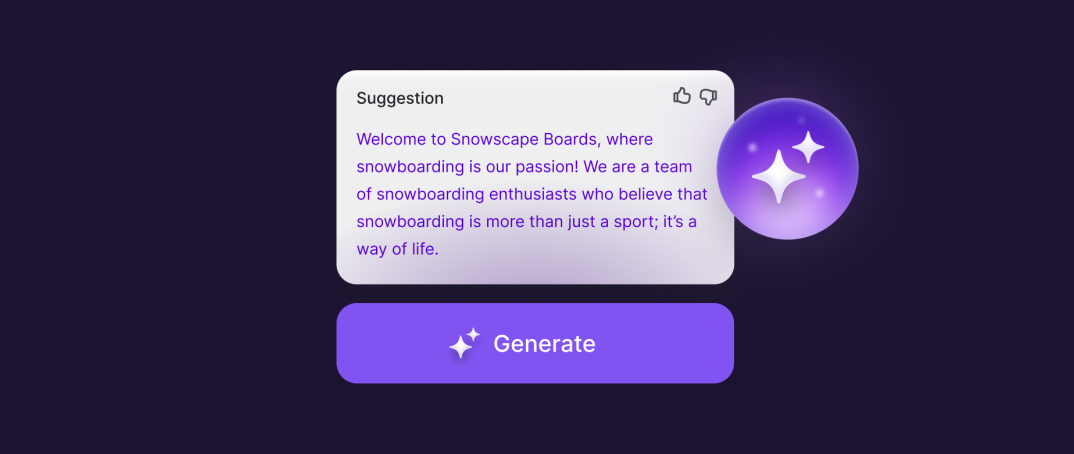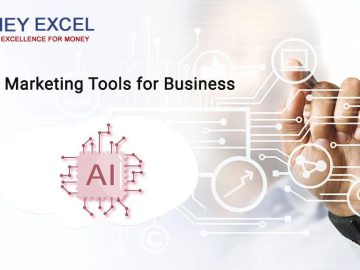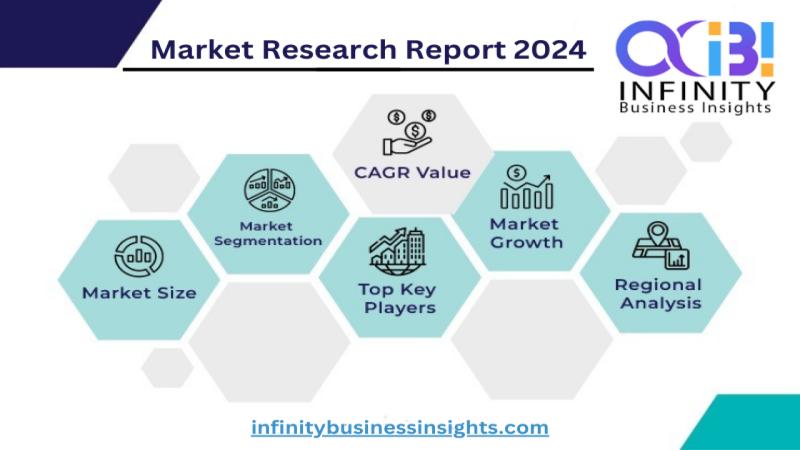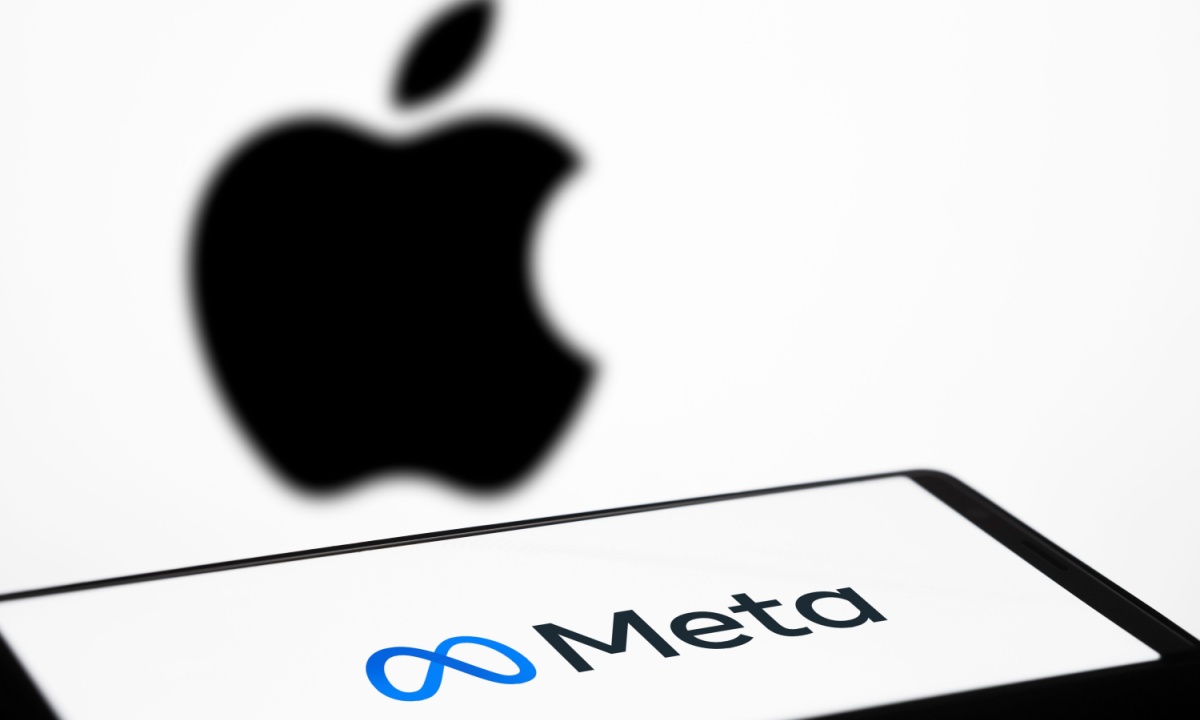Artificial intelligence is revolutionizing many fields, including marketing. To increase your reach and connect with customers, you can work with AI tools to automate marketing tasks, interpret customer behaviors and trends, and predict marketing campaign outcomes.
What is AI marketing?
AI marketing uses artificial intelligence technologies and models to inform marketing strategies. Through a data-driven approach, AI can help marketers gain deeper insights into their audiences to build more impactful digital marketing campaigns. AI tools can also help marketing teams plan and execute their work by automating tasks, conducting market research, and creating content.
Marketers have embraced AI in their work. A 2023 Instapage survey of more than 200 marketing and advertising professionals found that 95.8% of respondents use AI, with 55% stating that AI tools are now a part of their workflows. Marketing teams mostly use AI for social media, content ideation, and content generation.
How to use AI in marketing
AI marketing tools can enhance your marketing efforts in various ways:
Ad targeting
AI algorithms can efficiently help you get your ads in front of your target audience. Every time Google has space for an ad, it runs an auction to decide what it will display. AI-powered marketing tools can determine optimal ad placement through predictive modeling (predictions based on past user patterns) and real-time bidding (in-the-moment analysis of impressions).
Workflow automation
Even simple marketing tasks take time. AI can automate duties such as scheduling social media posts, sending email campaigns, and creating analytics reports.
Content creation
Collaboration with AI writing tools can produce product descriptions, social media posts, email subject lines for newsletters, and more. Marketers can also use AI to help brainstorm ideas, write a first draft, or edit copy so it better resonates with a specific audience.
Predictive analytics
AI can quickly process large amounts of customer data, including purchase history, browsing behavior, and social media habits. With these valuable insights, marketers can understand customer preferences and needs, predict future customer behavior, and identify trends and opportunities in the market.
Personalization
By leveraging customer data, you can work with AI tools to personalize marketing campaigns across different channels, such as emails, web pages, and social media ads, to appeal to individual customers. AI marketing can also assist in recommending products or services that are relevant to a customer’s interests and purchase history.
Benefits of AI marketing
Here are a few benefits of using AI in marketing:
Improved customer experience
AI can target the audience that will find your offerings most useful, potentially leading to higher engagement and conversion rates. Also, AI-powered chatbots provide 24/7 assistance, ensuring customers can reach out when they need help and not only during business hours.
Turn chats into sales with Shopify Inbox
Shopify Inbox is a free app that lets you chat with shoppers in real time, see what’s in their cart, share discount codes, create automated messages, and understand how chats influence sales right from your Shopify admin.
Discover Shopify Inbox
Stronger campaigns
AI can analyze vast datasets like sales growth over time. This can help you make data-driven decisions, resulting in better campaign performance. For example, if AI finds an increase in impressions whenever you post humorous social media posts, you can find more ways to create funny marketing content.
Productivity
AI automates tasks like sending emails to potential leads. While these duties are necessary for the success of your business, they can take time. AI can carry out these tasks, freeing you to focus on other areas, such as brainstorming.
Tips for using AI in marketing
Here are a few tips to get the most out of AI in your marketing organization:
Define your goals
Define your marketing goals so you can choose the most relevant AI tools. Knowing whether you want to improve lead generation, increase customer engagement, or optimize ad spend will help you find the most applicable AI marketing tool.
Scale at your own pace
Instead of overhauling your entire marketing strategy with AI overnight, start small. Try one campaign to determine the tool’s effectiveness and what areas need improvement. Once you have worked through any issues with a smaller project, you can scale up, implementing AI across different marketing channels.
Be flexible
The field of AI marketing is constantly evolving, with new tools and trends shaping the market. Prepare to adapt your strategies as new technologies emerge and customer expectations change.
Add a human touch
AI complements the work you do as a marketer. You can leverage AI in several ways—data analysis, automation, and setting goals—but it’s important to put your spin on it to create campaigns that feel authentic and resonate with your audience.
AI marketing FAQ
What is a popular AI marketing tool?
Hootsuite is one popular AI-powered marketing tool. Through the service’s OwlyWriter AI, marketers can create captions, generate content ideas, and recreate high-performing posts. Shopify Magic can help you generate a wide array of marketing content as well—and comes included with every Shopify account.
What is an example of an AI marketing strategy?
An example of an AI marketing strategy is an athletic apparel company using AI to analyze the preferences of its target age group (18- to 25-year-olds). After learning this demographic wants to see empowering content, the apparel brand works with an AI tool to craft website copy with an empowering tone.
What types of AI are being used in marketing?
Marketing AI tools use machine learning to analyze user behavior, personalize ads, and predict future trends. Other tools use natural language processing to generate marketing copy and gauge user sentiment. Tools that use deep learning, a subset of machine learning, can help you find patterns within user data or buy ads in real time.





